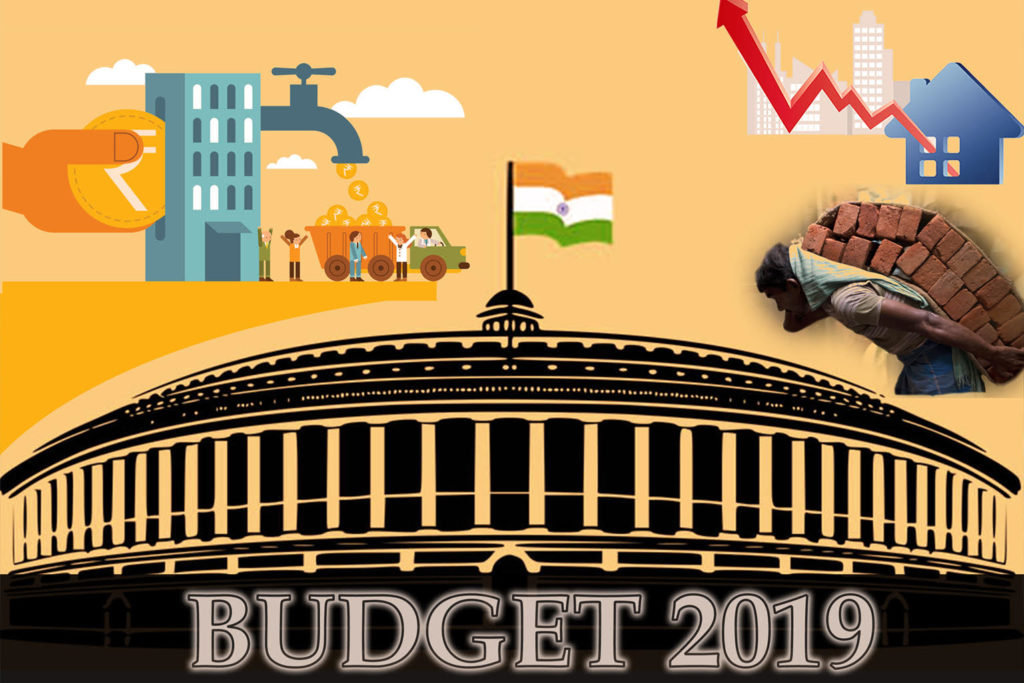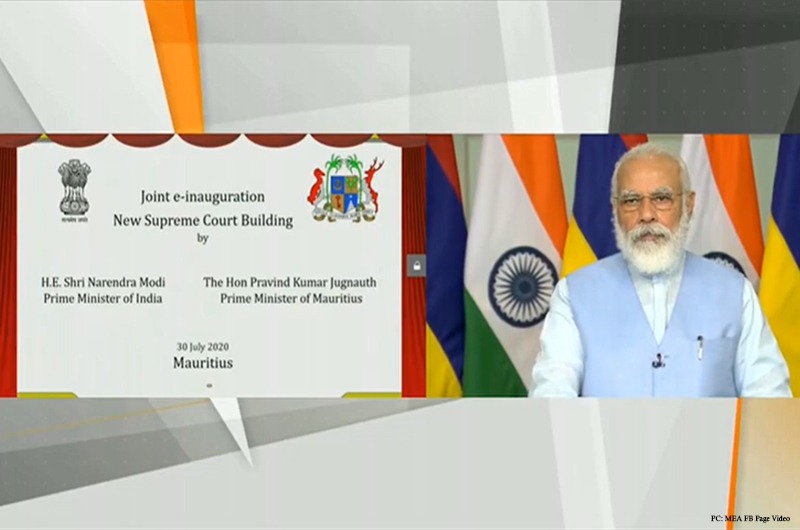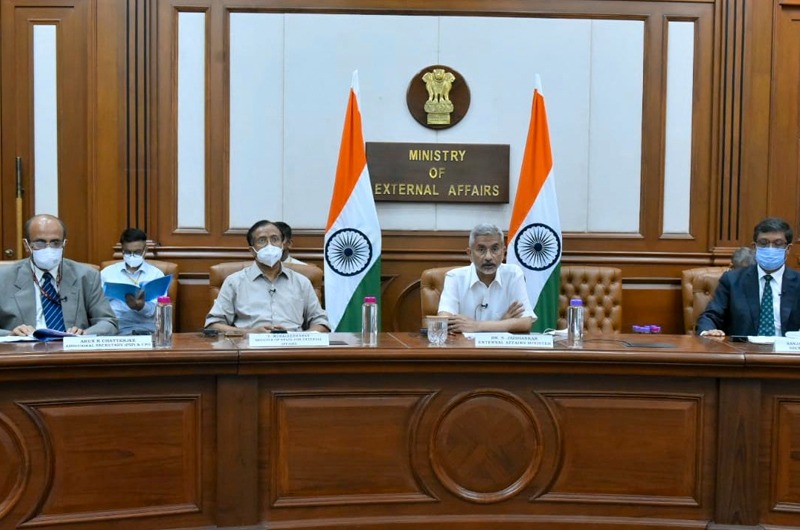The Economic Survey of India 2019 was tabled in Lok Sabha today. It has been prepared by Chief Economic Adviser Krishnamurthy Subramanian
Union Finance minister Nirmala Sitharaman tabled the Economic Survey 2019 in the Parliament of India, before the presentation of the Union Budget on 5 July 2019.
The Survey has projected the GDP growth rate of India at 7% for FY20, up from 6.8% in the previous fiscal year.
The Economic Survey of India 2019 has been prepared by Chief Economic Adviser Krishnamurthy Subramanian.
The Economic Survey projects the state of growth of the Indian economy and outlines the challenges and predictions.
NITI Aayog Vice-Chairman Rajiv Kumar has stated that the Economic Survey reflects the government’s resolve to maintain fiscal stability while pushing up GDP growth rates by measures to accelerate private investment. He said the report provides a comprehensive and clear picture of economic trends & challenges ahead.
Some key points and recommendations in the Economic Survey 2019 include:
- The inflation rate has moved to a more stable and low level in the last five fiscals and controlling price surge remains a key policy focus area of the government.
- Filling existing judicial vacancies and improving productivity improvements in courts can address key hurdle of delays in contract enforcement and dispute resolution.
- States which were rigid in respect of their labour laws have not only suffered in all dimensions but have also been unable to create enough employment. These states have also failed to attract adequate capital investment which is necessary for job creation.
- Swachh Bharat has contributed to improved health outcomes in a very significant way.
- Survey 2019 argues for an ambitious agenda for social change, treating humans as humans, relying on the lessons offered by behavioural economics.
- Two key departures from traditional economic thinking: Economics of equilibrium and Economics of the silo, adopted in economic planning for India.
In the next two decades, we will be able to avail the benefits of demographic change, which will enable us to grow in a sustained manner at 8%.










